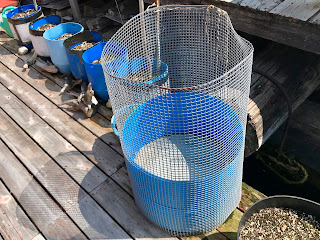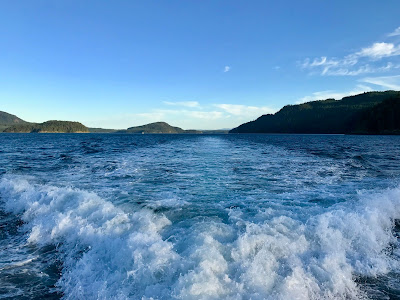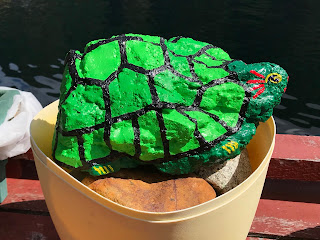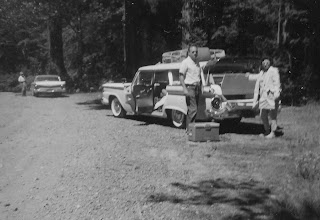Book Review: "For Joshua" by Richard Wagamese
Last month I reviewed Buried Secrets in the Sgt. Windflower Mystery Series by Mike Martin. Windflower is Cree and is inspired by the works of Richard Wagamese. That inspired me to read his books.
First I read Indian Horse about the devastating repercussions residential school attendance.
Next I chose the memoir For Joshua: An Ojibwe Father Teaches His Son.
Wagamese was taken from his parents and raised by Canadian families. He didn't learn Ojibwe culture, was bullied in school and never felt he belonged. The process became known as the "Sixties Scoop" where children were forcibly placed in non-native foster or adoptive homes. Like residential schools, it was a means to force assimilation into Canadian norms and values.
In For Joshua, Wagamese tells his life story and how he struggled to learn who he was as an Ojibwe man. Life left him estranged from his son, so he used the book to pass along important teachings.
I live in the traditional territory of the Tla'amin Nation in Coastal British Columbia. Workshops following the Truth and Reconciliation of Canada Final Report opened my eyes to past and present impacts of residential schools. Reading books by Richard Wagamese has been helpful to increase my understanding.
Richard Wagamese was one of Canada's most famous indigenous authors. He wrote novels, memoirs and Embers, Objibwe meditations. He passed in 2017 at 61 years of age, a life ended way too soon.
Richard Wagamese's books have a Canadian focus, but forced assimilation for indigenous peoples happens in many countries. I highly recommend his works as a way to increase your understanding and get involved. -- Margy




































































